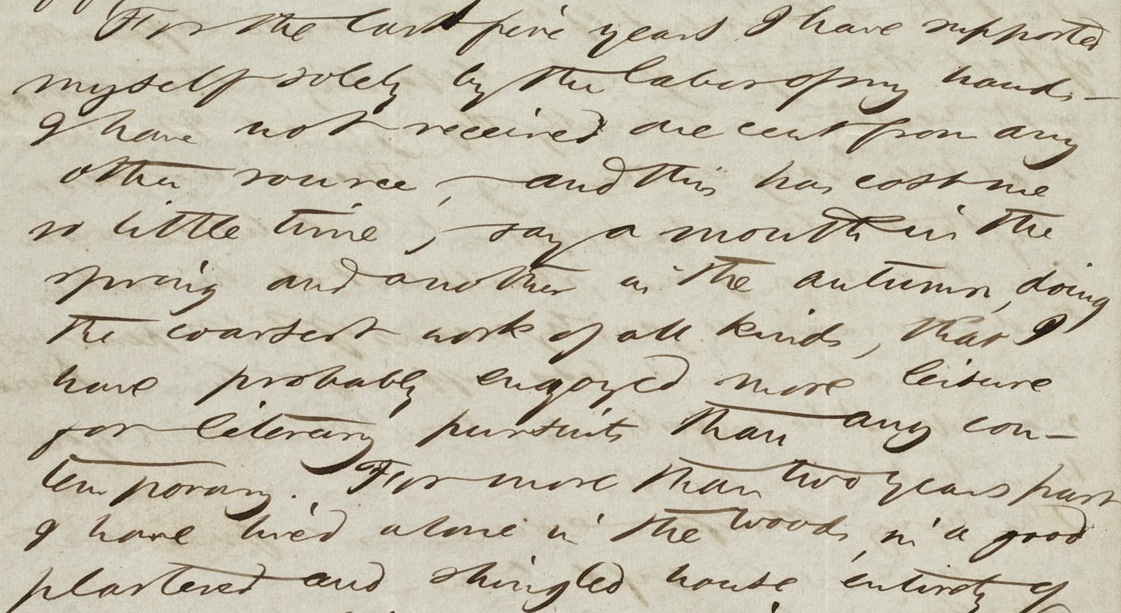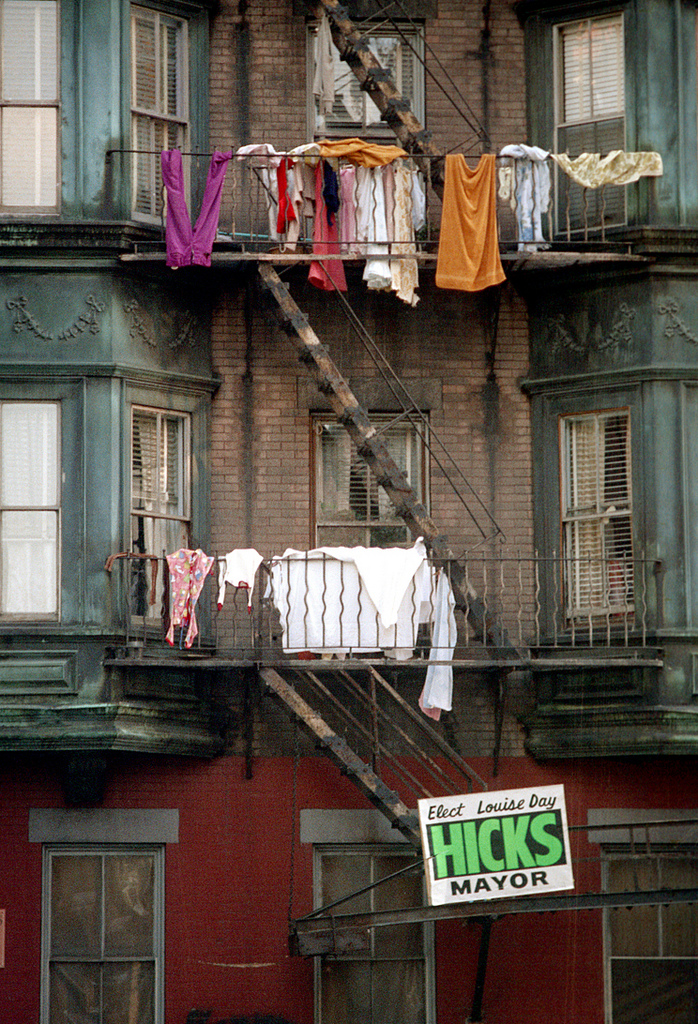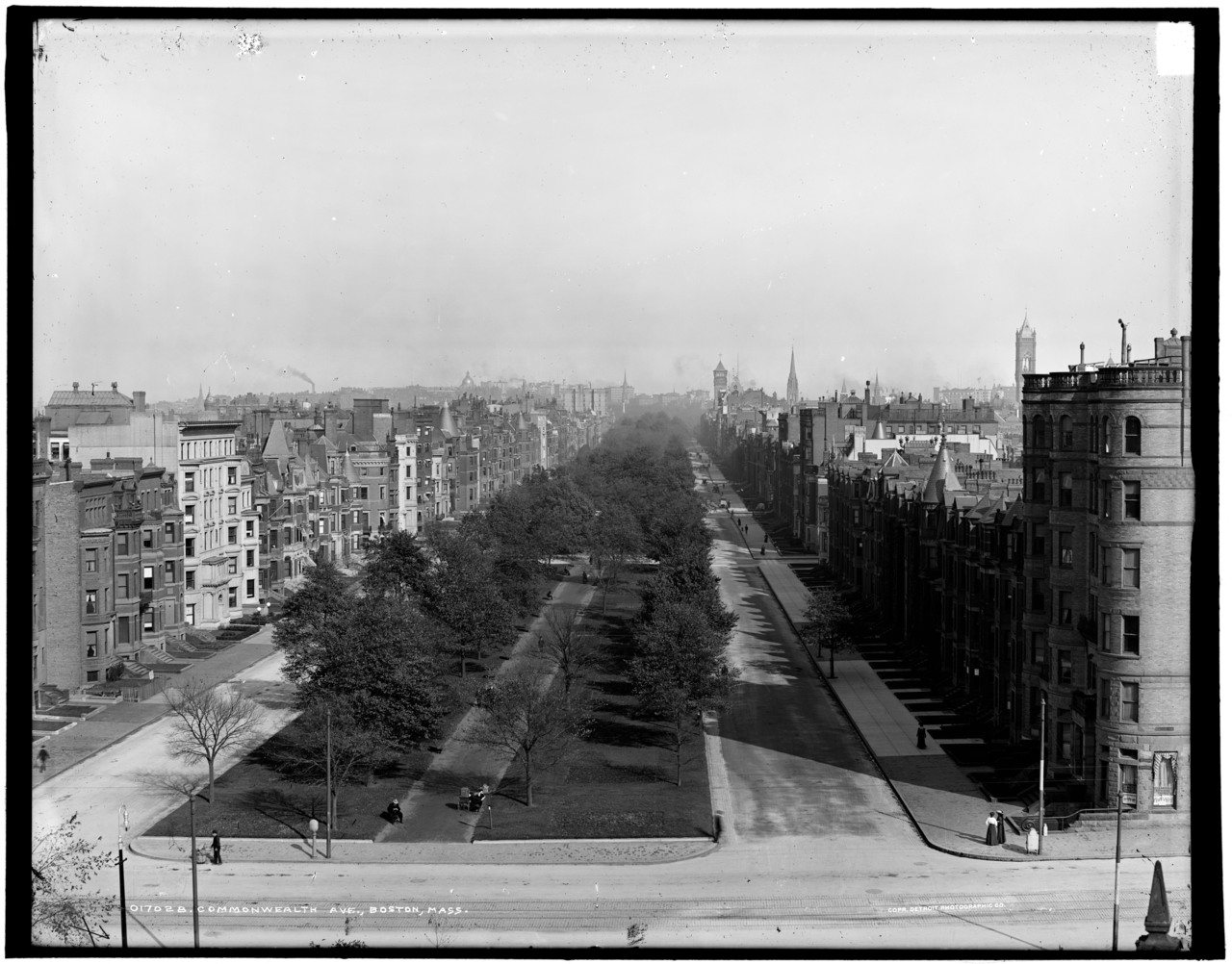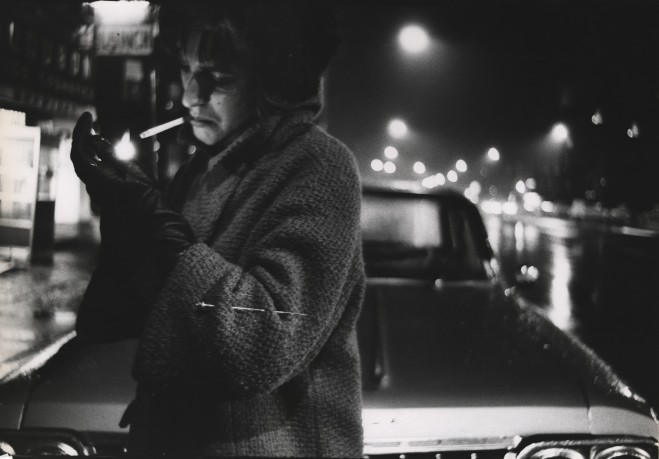Photo by Nick DeWolf (via)
Boston
Back Bay, 1904
Commonwealth Avenue, Back Bay, Boston, ca. 1904. (via)
The Friends of Eddie Coyle … Live
Playwright Bill Doncaster emailed the following press release the other day. I’ve already gushed about Eddie Coyle enough on this blog, both the novel and the film, so you will not be surprised to hear that this sounds incredibly cool to me. I’ll be at the Burren to see it. You should be, too.
George V. Higgins’ The Friends of Eddie Coyle… LIVE
Staged reading, Saturday, Nov. 13, 3 p.m. The Burren, Davis Square, Free
SOMERVILLE – Widely regarded as the greatest Boston crime novel ever written, a staged reading of a new theatrical adaptation of George V. Higgins’ The Friends of Eddie Coyle will be performed at The Burren, Somerville, on Nov. 13 at 3 p.m.
Adapted for the stage by Bill Doncaster, directed by Maria Silvaggi, The Friends of Eddie Coyle chronicles the lowest rungs of the criminal underworld, as Eddie Coyle attempts to stay alive and out of jail in the company of gun runners, bank robbers, hit men and cops in and around 1970 Boston. Critically acclaimed since its release in 1972, Elmore Leonard called The Friends of Eddie Coyle “The best crime novel ever written — makes The Maltese Falcon read like Nancy Drew.”
This staged reading is free, donations for the cast will be graciously accepted, rsvp required: afriendofeddie@gmail.com.
The cast includes Paulo Branco as Eddie Coyle, Rick Park as Dillon, Tom Berry as Dave Foley, Peter Darrigo as Jimmy Scalisi, Jason Lambert as Jackie Brown, Jen Alison Lewis as Wanda, and featuring Jim Barton, Derrick Martin, Courtney Miranda, and Jeremy Lee.
West End Memories (continued)
Reader “Leonard in Florida” writes with another memory triggered by reading The Strangler:
My father played the numbers with a guy by the name of Brownie in the West End for years. He naturally had a formula for figuring the number. One night he came home with a paper bag with $4,000. He had hit a four-number hit, which I believe paid about $30 to the penny, whereas a three-number hit paid $30 to a nickel.
$4,000 in 1950 would be about $36,000 today, according to the inflation calculator. Not bad. (Leonard’s first contribution is here.)
West End Memories
A reader, Leonard in Florida, emails a memory of Boston’s old West End, which figures so prominently in The Strangler.
When I was a kid in the 1940’s, my grandfather and father had an egg store at 203 Chambers Street in the West End. It was a landing spot for refugees. There were all types of people, and religions. I remember a Syrian-owned store where the owner spoke in Yiddish to my dad as they didn’t want the customers to know what they were saying. I also remember when my father used to deliver eggs to Charlie S___’s family store in the South End and they were booking numbers and cashing checks as a business in their store.
More West End memories here.
“I have lived alone in the woods”

The Boston Public Library in Copley Square, where I often go to write, is running an amazing year-long exhibition called “Cool + Collected: Treasures of the BPL” which highlights some of the rare holdings in the library’s collection. The contents of the exhibit rotate every few months, and the current crop is truly remarkable. It includes original handwritten letters by Louisa May Alcott, Herman Melville, Harriet Beecher Stowe, Mark Twain, Nathaniel Hawthorne, Frederick Douglass, and others. It is a hall of fame of American letters! My favorites are an original working draft of a poem by Walt Whitman, with edits literally cut and pasted on the page, and a four-page letter from Henry David Thoreau to Horace Greeley which begins:
Concord May 19th 1848.
My Friend Greeley,
I received from you fifty dollars today. —
For the last five years I have supported myself solely by the labors of my hands — I have not received one cent from any other source, and this has cost me so little time, say a month in the spring and another in the autumn, doing the coarsest work of all kinds, that I have probably enjoyed more leisure for literary pursuits than any contemporary. For more than two years past I have lived alone in the woods, in a good plastered and shingled house entirely of my own building, earning only what I wanted, and sticking to my proper work. The fact is man need not live by the sweat of his brow — unless he sweats easier than I do — he needs so little. For two years and two months all my expenses have amounted to but 27 cents a week, and I have fared gloriously in all respects. If a man must have money, and he needs but the smallest amount, the true and independent way to earn it is by day-labor with his hands at a dollar a day. — I have tried many ways and can speak from experience. — Scholars are apt to think themselves privileged to complain as if their lot was a peculiarly hard one. How much have we heard about the attainment of knowledge under difficulties of poets starving in garrets — depending on the patronage of the wealthy — and finally dying mad. It is time that men sang another song. There is no reason why the scholar who professes to be a little wiser than the mass of men, should not do his work in the ditch occasionally, and by means of his superior wisdom make much less suffice for him. A wise man will not be unfortunate. How then would you know but he was a fool?
The letter ends, “P. S . My book” — Walden, presumably — “is swelling again under my hands, but as soon as I have leisure I shall see to those shorter articles. So, look out.” (You can read a transcript of the rest of the letter here.)
The exhibit has other wonderful things, too, posters and prints and rare books and so on. But to me — to any writer or reader, I bet — to see the actual handwriting of these giants of American letters is to feel their presence. The experience is electric.
If you’re around Copley Square, check it out (through June). If not, the whole exhibit is available online, in glorious high resolution, on Flickr. Lord knows what else the BPL has stashed away in the vault. Very cool indeed.
Life Magazine Photos of Boston’s Strangler Days
A trove of remarkable photographs of Boston during the Strangler siege. The photos, which are eerie and beautiful, were taken by Arthur Rickerby for Life Magazine. View the whole collection here. Above: A woman wears a hatpin in her sleeve to defend herself against the Strangler, 1963. (Another here.)
There is no sleeping at the Boston Public Library
It is strictly forbidden to fall asleep at the Boston Public Library. I presume this policy is intended to keep the homeless from camping out here, but the homeless know the rules because, well, they camp out here, so it is not the homeless who are primarily affected. It is everyone else. Like me.
Unfortunately, conditions at the Boston Public Library are in all other ways sleep-optimal: quiet, low light, tens of thousands of dull old books. Just about the only way to ward off sleep under these circumstances is eating — but eating, alas, is likewise strictly forbidden at the Boston Public Library.
Security guards, with not much else to do, constantly patrol the library waking up anyone who drifts off. Ever vigilant, they troop past every fifteen minutes or so. Upon detecting a violation, they knock on the table where the offender has laid his head. Then comes a whisper: “No sleeping.” Sometimes even a finger wag.
The BPL sleep police have a thankless task, and it might be better for everyone if we simply changed the rule to “no more than 15 minutes per nap.” The bookkeeping would be unmanageable (how to track when each patron fell asleep? how long to allow between naps until a new 15 minutes is permitted?), but then libraries have always run largely on the honor system.
I will have to leave this matter to the trustees. The injustice of the Boston Public Library’s policy toward drowsy patrons is beyond my capacity at the moment, marooned as I am in the main reading room with a half-edited manuscript, brain-dead from reading the same pages over and over. And over. If I wait for the guard to pass, maybe I can sneak in a quick nap.


